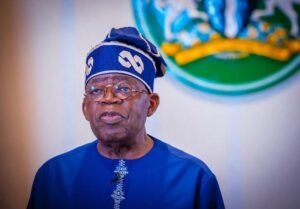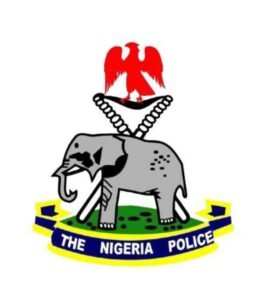African Union breaks silence over withdrawal Of Burkina Faso, Mali, Niger From ECOWAS

The African Union has expressed ”deep regret” over the withdrawal of Burkina Faso, Mali, and Niger from the regional ECOWAS bloc.
The AU commission president, Moussa Faki Mahamat, highlights the need for the combined efforts of all so that the irreplaceable unity of ECOWAS is preserved and African solidarity is strengthened.
Moussa Faki “calls on regional leaders to intensify the dialogue between the ECOWAS leadership and the three aforementioned countries”, which on Sunday accused the West African bloc of posing a threat to their sovereignty.
He also indicated that the African Union Commission was willing “to provide all the assistance in its power for the success of the logic of fraternal dialogue, far from all external interference from wherever they come”.
Recall that the leaders of the three Sahel nations issued a statement saying it was a “sovereign decision” to leave the Economic Community of West African States “without delay”.
All three — founding members of the bloc in 1975 — were barred from ECOWAS, with Niger and Mali facing severe sanctions as the bloc tried to push for the early return of civilian governments with elections.
The Nigerian government, in its reaction to the exit of the countries, said it is open to engagements with the juntas.
“For half a century, ECOWAS has worked to promote peace, prosperity, and democracy in the region. Nigeria stands with ECOWAS to emphasise due process and shared commitment to protect and strengthen the rights and welfare of all citizens of Member States,” the statement partly read.
“Nigeria has worked sincerely and in good faith to reach out to all members of the ECOWAS family to resolve the difficulties being faced. It is now clear that those seeking to quit the Community do not share that same good faith.
“Instead, unelected leaders engage in a public posturing to deny their people the sovereign right to make fundamental choices over their freedom of movement, freedom to trade, and freedom to choose their own leaders.”









